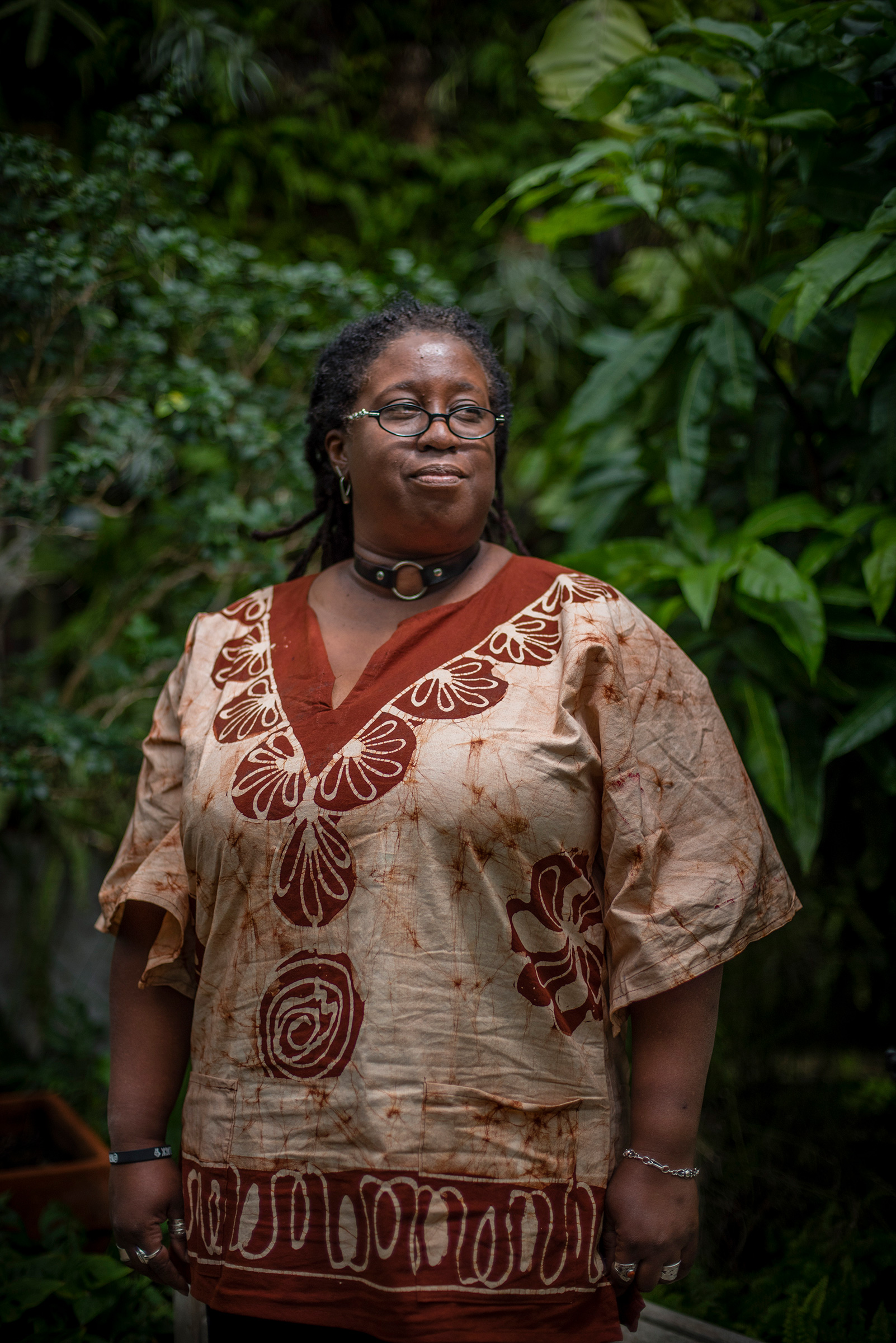The town of Sandbranch, Texas, is only 11 miles from Dallas, but it’s a world apart. Until recently, residents lacked running water and burned trash in the backyard. When Jacqui Patterson first visited the unincorporated town founded by formerly enslaved people after the Civil War, she was struck by the weight of the injustice—and by the fact that Sandbranch had slipped between the cracks of the structures that could help, namely big nonprofits. The visit inspired her to launch the Chisholm Legacy Project in 2021 to serve historically marginalized communities facing systemic injustices worsened by environmental problems. “We want to make sure that these communities aren’t continuing to be invisibilized and forgotten,” she says.
Environmental issues, poverty, racial discrimination, and gender inequality all intersect to create intractable challenges. And often nonprofits bite off just one of those pieces. Patterson’s organization is taking them all on where they intersect. Her approach is at once obvious and revolutionary. After Sandbranch was declared to be in a high-risk floodplain in 2003, for example, home values dropped, and with that, Black wealth. Despite myriad such examples, addressing the intersection of various social-justice challenges has been anathema for many legacy nonprofits. “The communities that don’t have other nonprofit organizations working within them are the communities most at climate risk,” Patterson says.
Patterson named her organization after Shirley Chisholm to reflect her intersectional approach. The first Black woman elected to Congress was a strong advocate of uniting fragmented social movements. Patterson’s own career has exposed her to a range of issues that inform her agenda. In 2009, she founded the NAACP’s climate-justice program. She worked on gender justice after Hurricane Katrina, and on environmental justice with a community in Jamaica hit by an oil spill. Among many priorities today, she’s focused on ensuring the federal government’s climate investments help marginalized communities. “Economy, food, housing, transit—all of these are civil rights issues,” she says. “And climate issues intersect with every single one.”
- Donald Trump Is TIME's 2024 Person of the Year
- TIME’s Top 10 Photos of 2024
- Why Gen Z Is Drinking Less
- The Best Movies About Cooking
- Why Is Anxiety Worse at Night?
- A Head-to-Toe Guide to Treating Dry Skin
- Why Street Cats Are Taking Over Urban Neighborhoods
- Column: Jimmy Carter’s Global Legacy Was Moral Clarity
